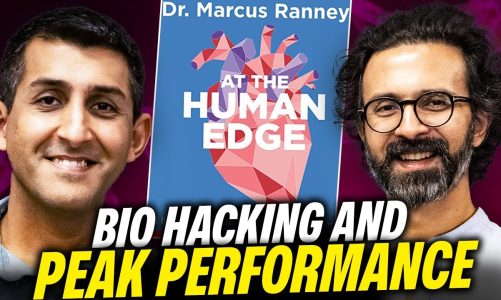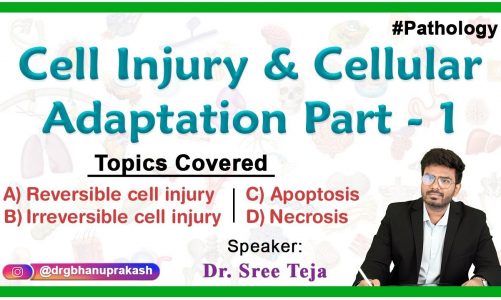Science for All Seasons: Mitochondrial Diseases and Function
We all heard it in our grade-school science classes: “The mitochondrion is the powerhouse of the cell.” And yes, this little organelle — likely the remnant of a bacterium absorbed by early cells millions of years ago — has the crucial job of providing the energy the cell needs. Molecular biologist Vamsi Mootha, who for years has studied mitochondrial biology, will describe how his research has led him to a new understanding of your mitochondrias’ fundamental purpose, and discuss what that means for human health.
Host: Tom Ulrich
Speakers: Vamsi Mootha
Vamsi Mootha is an institute member of the Broad Institute and founding co-director of the institute’s Metabolism Program. Mootha’s research is primarily focused on the mitochondrion, the “powerhouse of the cell,” and its role in human disease. Mootha’s group has worked with platforms at the Broad Institute to produce a near-comprehensive, mitochondrial protein inventory called MitoCarta. MitoCarta now serves as a molecular blueprint for mitochondria and has been widely used by the research community. Mootha and colleagues have used this inventory to discover the mitochondrial calcium uniporter, a major channel of communication between mitochondria and rest of the cell, as well as more than twenty disease genes that underlie severe, inborn errors of metabolism. He utilizes a multidisciplinary approach that combines computation, biochemistry, and clinical genetics.
Mootha is an investigator of the Howard Hughes Medical Institute. He is also a professor of systems biology and medicine at Harvard Medical School and a professor in the Department of Molecular Biology at Massachusetts General Hospital.
He has received numerous honors, including a MacArthur Foundation Fellowship, the Judson Daland Prize of the American Philosophical Society, and the 2014 Keilin Medal of the Biochemical Society. He is also an elected member of the Association of American Physicians and the National Academy of Sciences.
Mootha received his undergraduate degree in mathematical and computational science at Stanford University, where he graduated Phi Beta Kappa with highest honors. He received his M.D. in 1998 from Harvard Medical School in the Harvard-MIT Division of Health Sciences and Technology, where his thesis work was focused on mitochondrial bioenergetics. He subsequently completed his internship and residency in internal medicine at Brigham and Women’s Hospital in 2001, after which he completed postdoctoral fellowship training at the Whitehead Institute/MIT Center for Genome Research.
For more information visit: https://www.broadinstitute.org
Copyright Broad Institute, 2021. All rights reserved.
source


